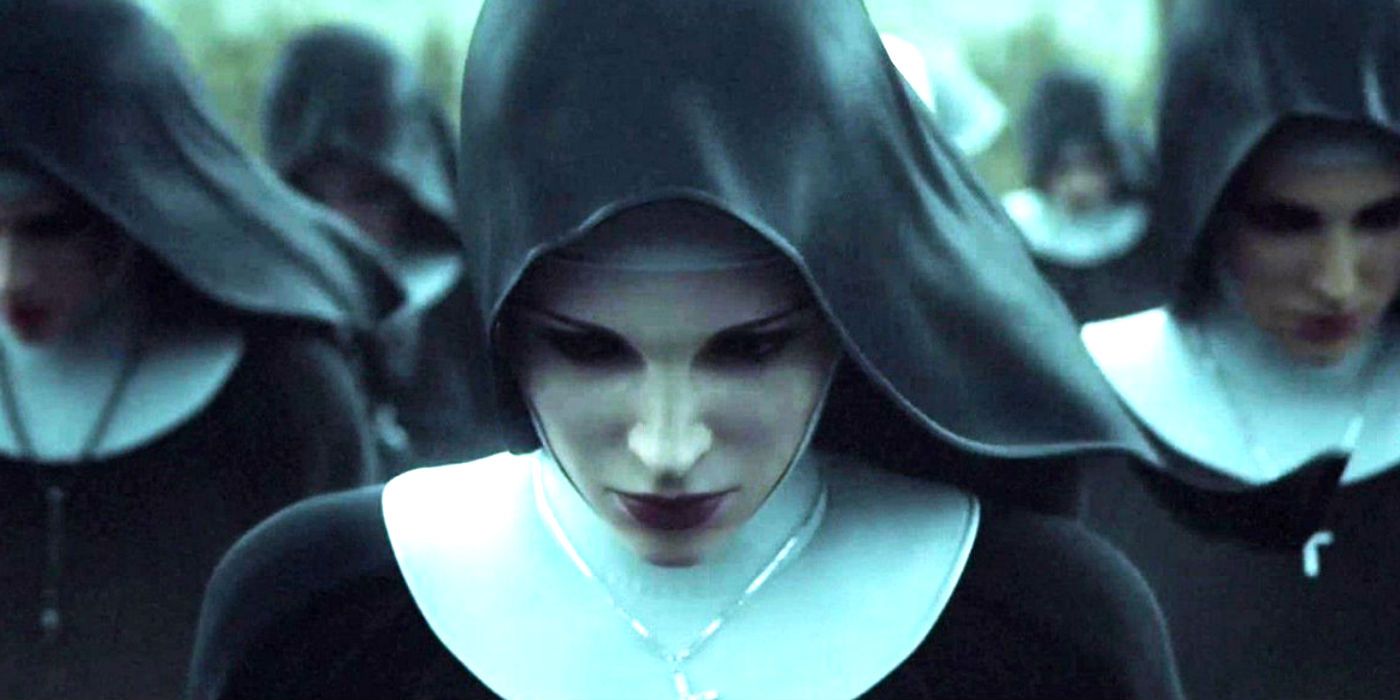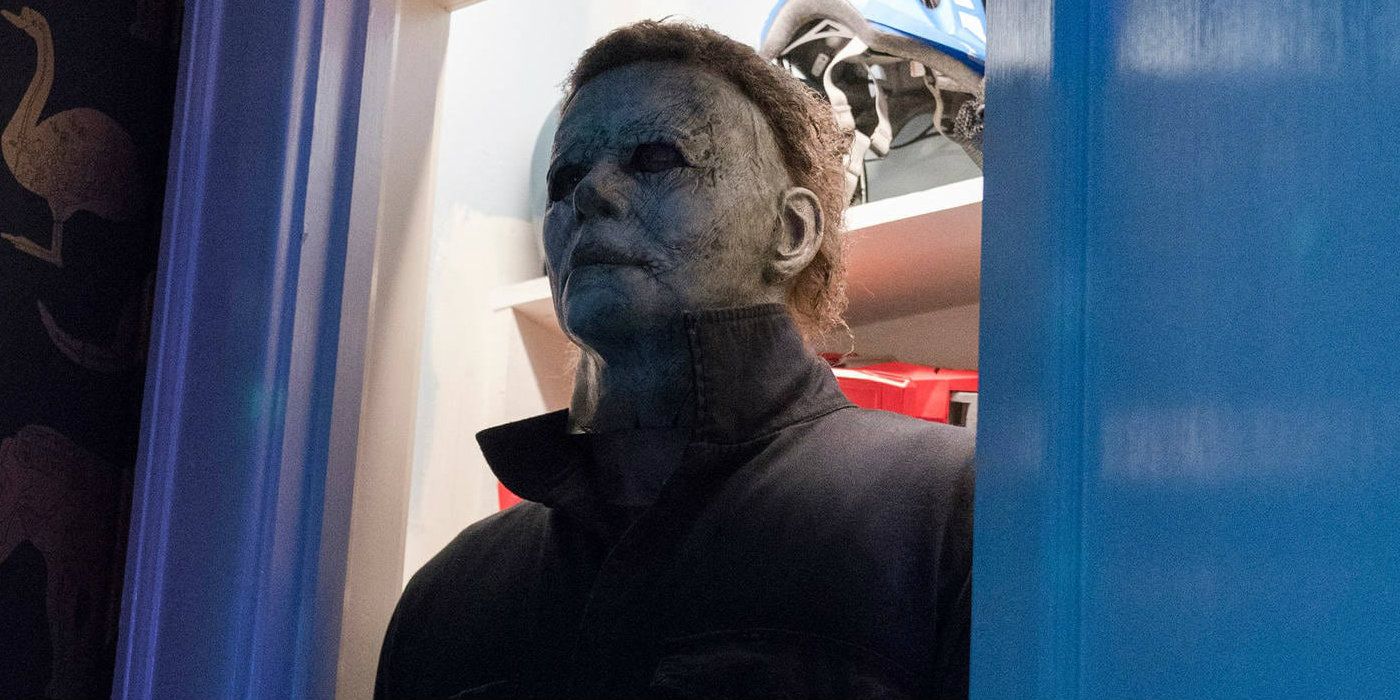Horror movies tend to have large marketing campaigns accompanying their theatrical releases, but a recent trend has shown an alarming amount of scares and spoilers in the trailers, diminishing overall audience enjoyment of the films.
The bigger the release, the more likely people are to see promotional images and trailers for the film, and sometimes, they don't even have to go to Youtube to find it. Streaming services, such as Hulu, show trailers for prominent films as part of their standard packaging, and can catch audiences off-guard. While this type of marketing has been deployed by all genres of film, horror movies are notorious for giving away major plot points, scares, and disturbing imagery before tickets even go on sale.
It begs the question: is this type of marketing style effective or will it end up costing viewership in the long run when viewers start to avoid promotional trailers and teasers at all costs?
Which Horror Movies Got Spoiled By Their Trailers?
Spoilers tend to be the talk of the Internet, especially on social media following the release of a big film. Some participants are keen to declare whether or not an article, Tweet, or posting contains spoilers, but others seem to garner a sense of enjoyment out of releasing key information that may ruin another movie-goer's experience. This has sparked alternative ad campaigns, as was seen with Avengers: Endgame per the #DontSpoilTheEndGame origination on Twitter. Horror movies, however, tend to get harsh fan criticisms without much resolution, and has sparked an increasing amount of spoiled footage throughout the years.
Blumhouse's Halloween reboot in 2018 notoriously spoiled one of the film's biggest jump scares by revealing footage of Michael Myers hiding in a closet. The trailer also foretold a clear narrative regarding his escape from Smith's Grove Sanitarium and murdering the two journalists who were interviewing Myers for a true crime podcast; the scene with him dropping a handful of teeth over a restroom stall was some of the earliest footage shown. Thankfully, the film's biggest twist wasn't spoiled, nor was the fate of Laurie Strode. Another major release, Pet Sematary (2019), showed a huge twist in the trailer: fans of the novel and original movie already knew one of the Creed children, Gage, was doomed to die but learned that the remake would be changing the death to the older daughter, Ellie, in his place. This decision was a major point of discussion amongst Stephen King fans, and may have been partially to blame for the film being less successful than was anticipated. Paranormal horror films like The Nun are also guilty of this marketing scheme, but doing so has occasionally come back to haunt them at the Box office.
Trailers Should Be As Spoiler-Free As Possible
Despite the outrage this marketing ploy tends to get on occasion, studios do intensive research as to what sort of trailers perform well with audiences. Studies have shown that older audiences tend to want to see more plot in trailers so they have a better understanding of what to expect from the movie. In 2011, a woman sued the distributors of Drive over a misleading trailer that led her to believe she was attending a film like The Fast and The Furious because of all the driving and action sequences shown. For the most part, a deep exploration of plot isn't a necessity with horror films; fans typically go to see them for the jump scares, the immersion, and don't want to be shown too much prematurely. Some directors have elected to have their contracts reflect them playing a key role in marketing so they can control how much their prospective audience sees. While the numbers may suggest audiences want an early taste to entice interest in the rest, sometimes less is more, particularly in such a visceral medium as horror.



